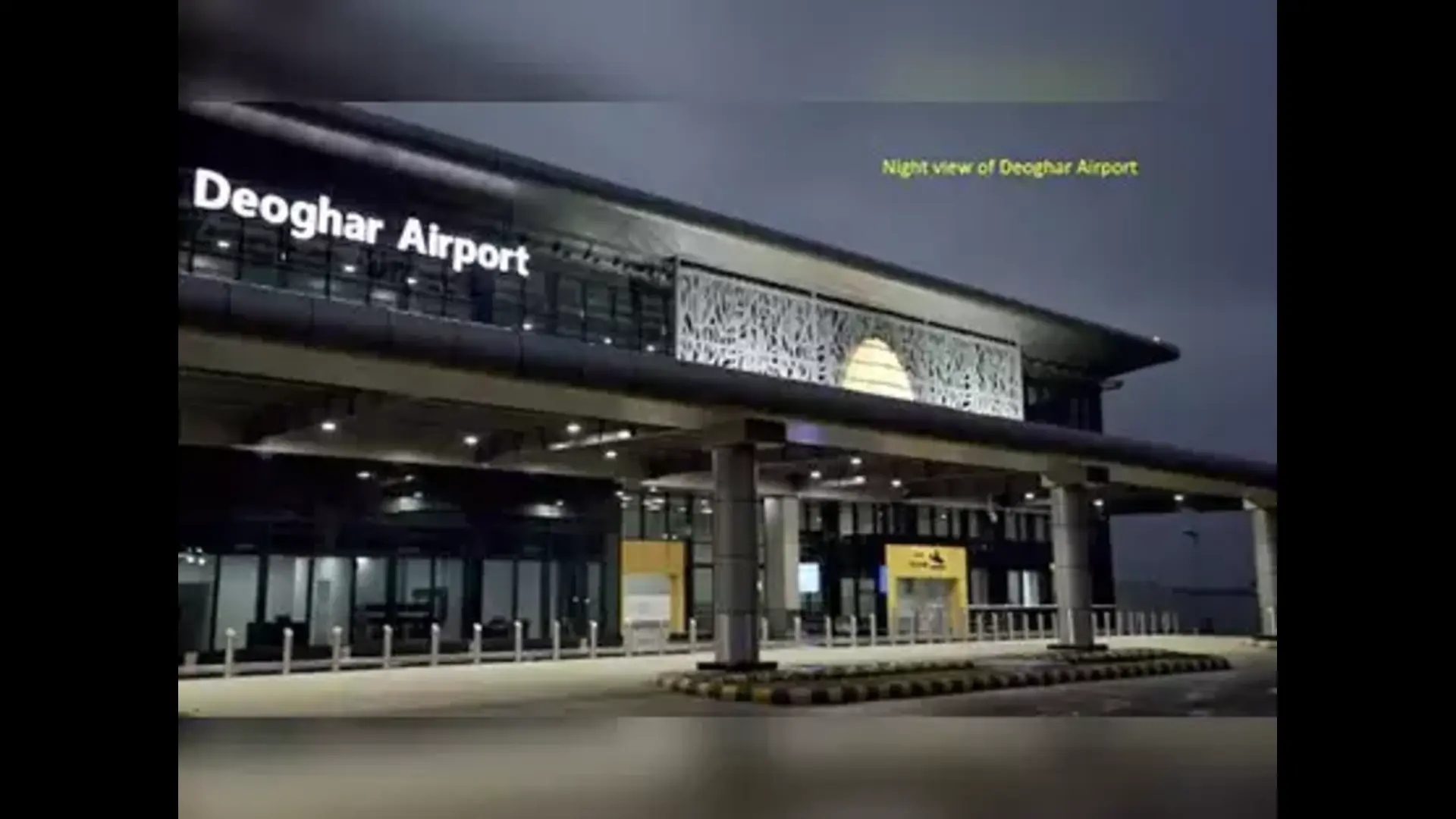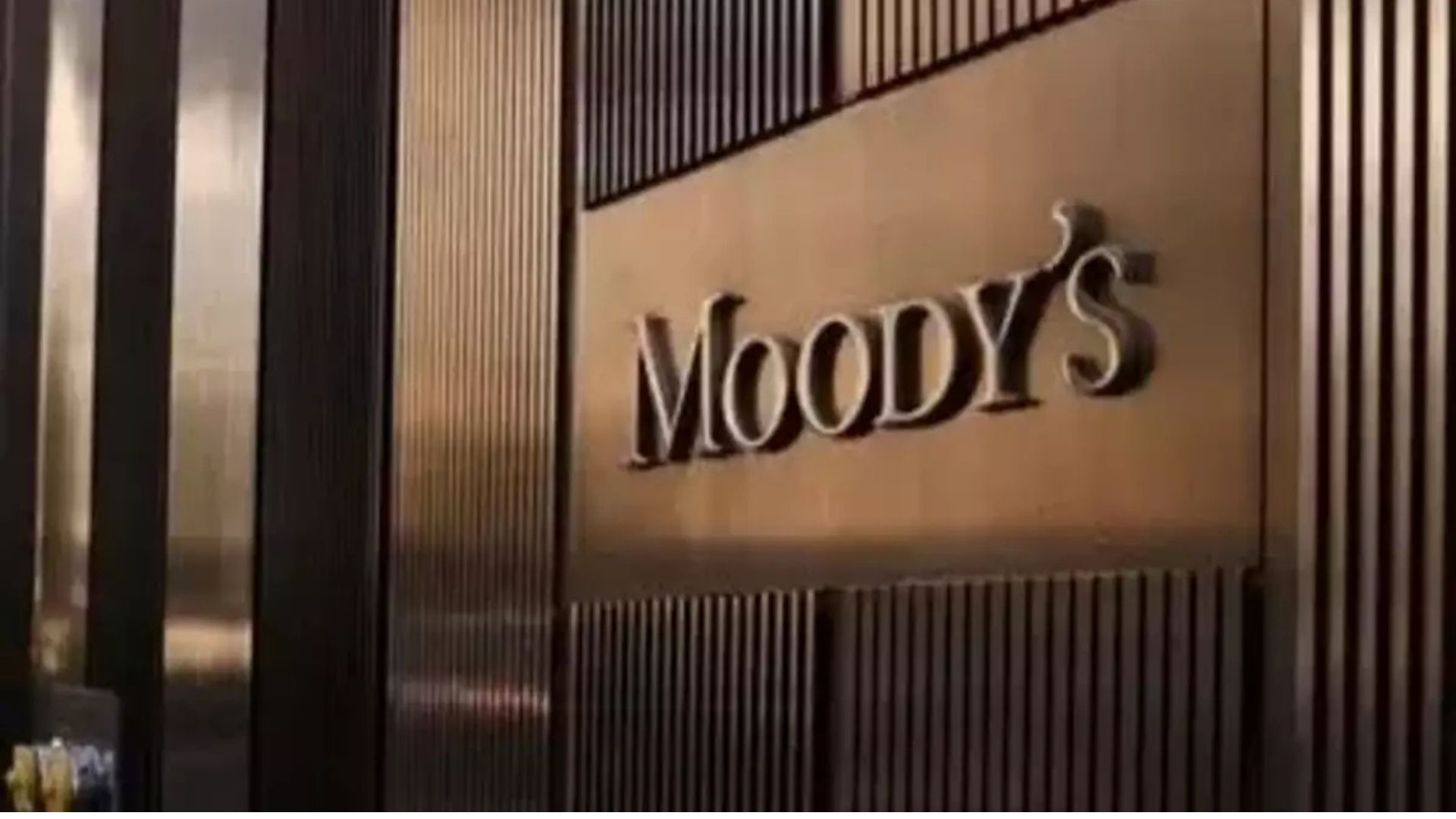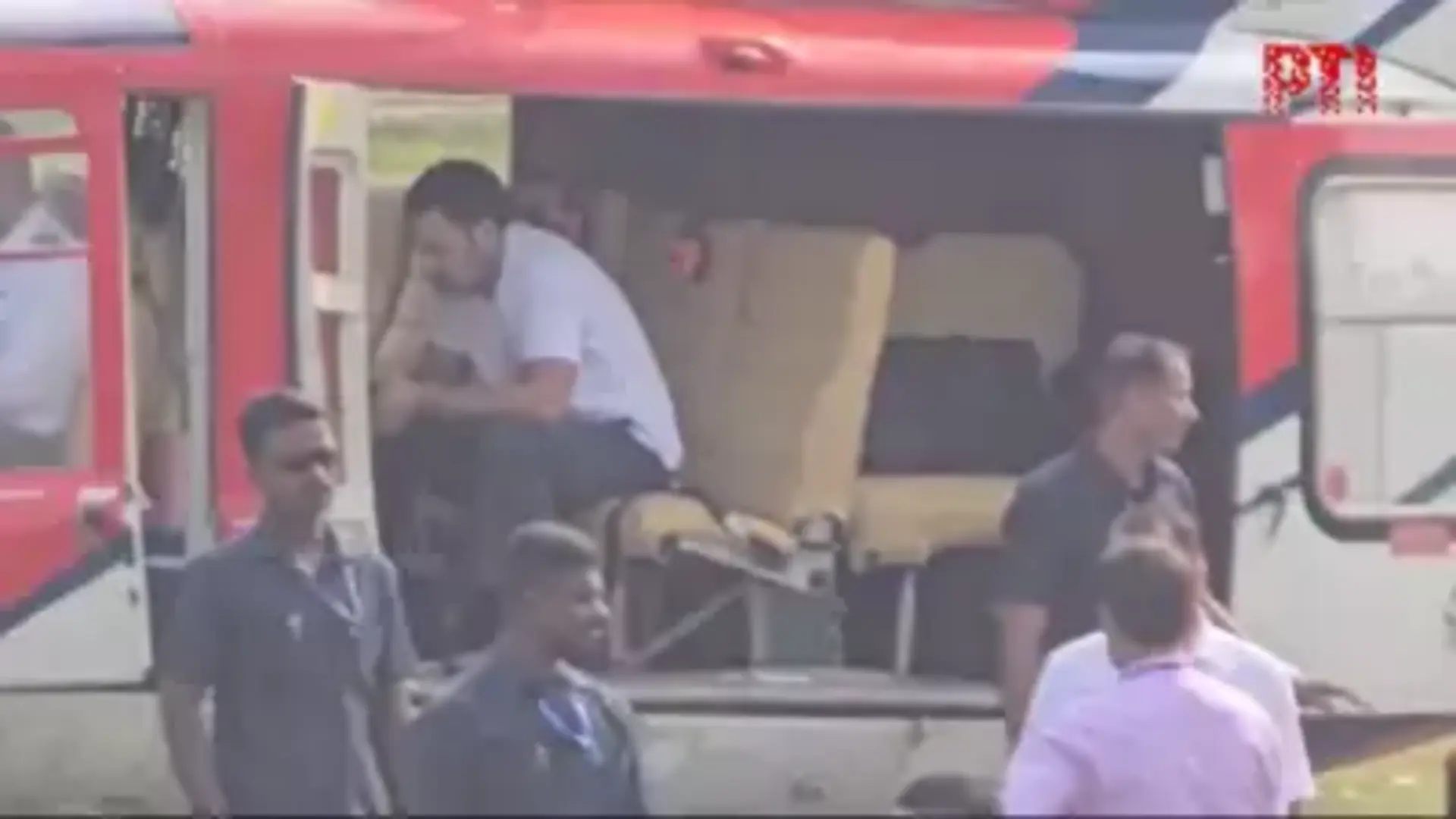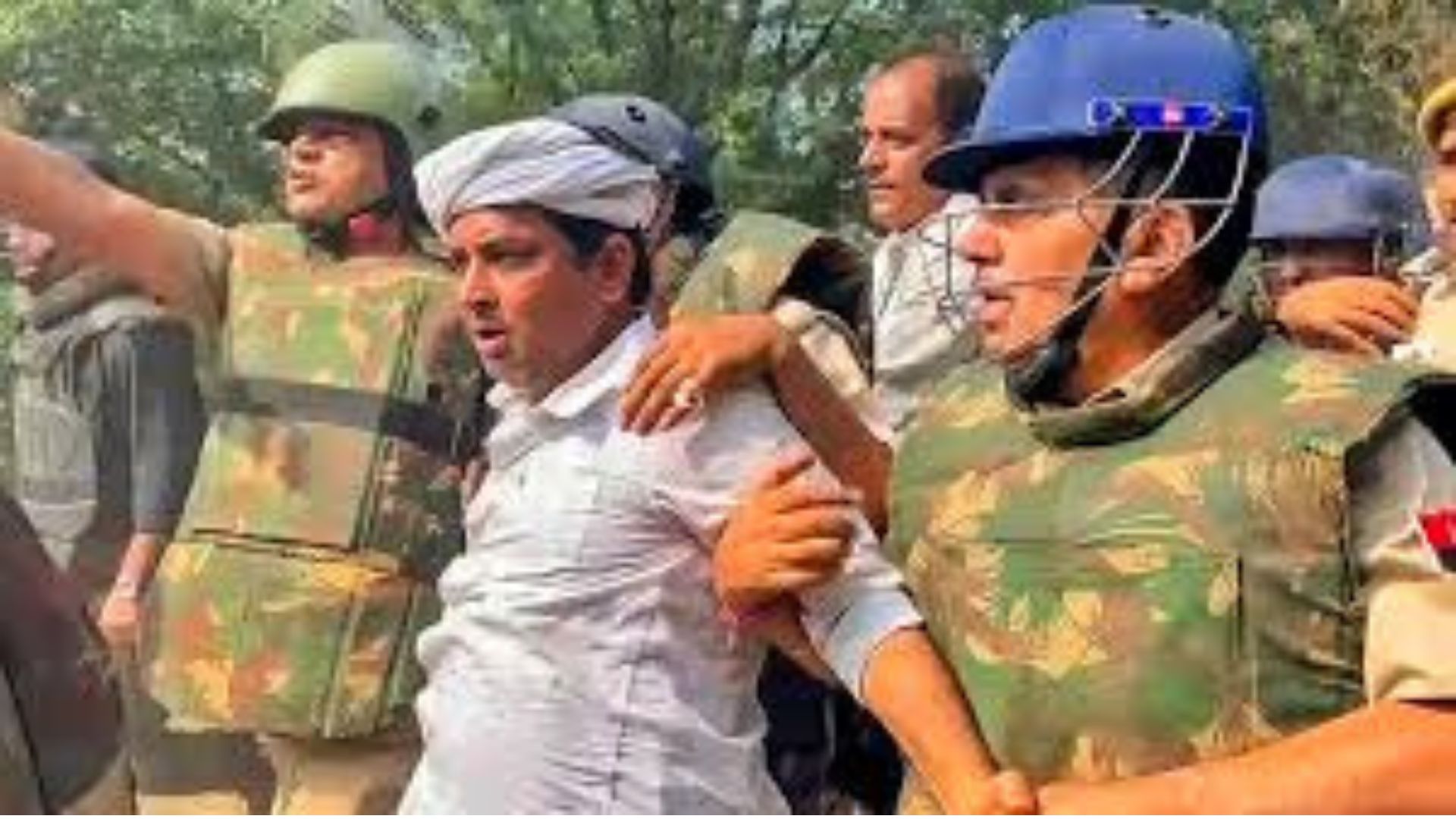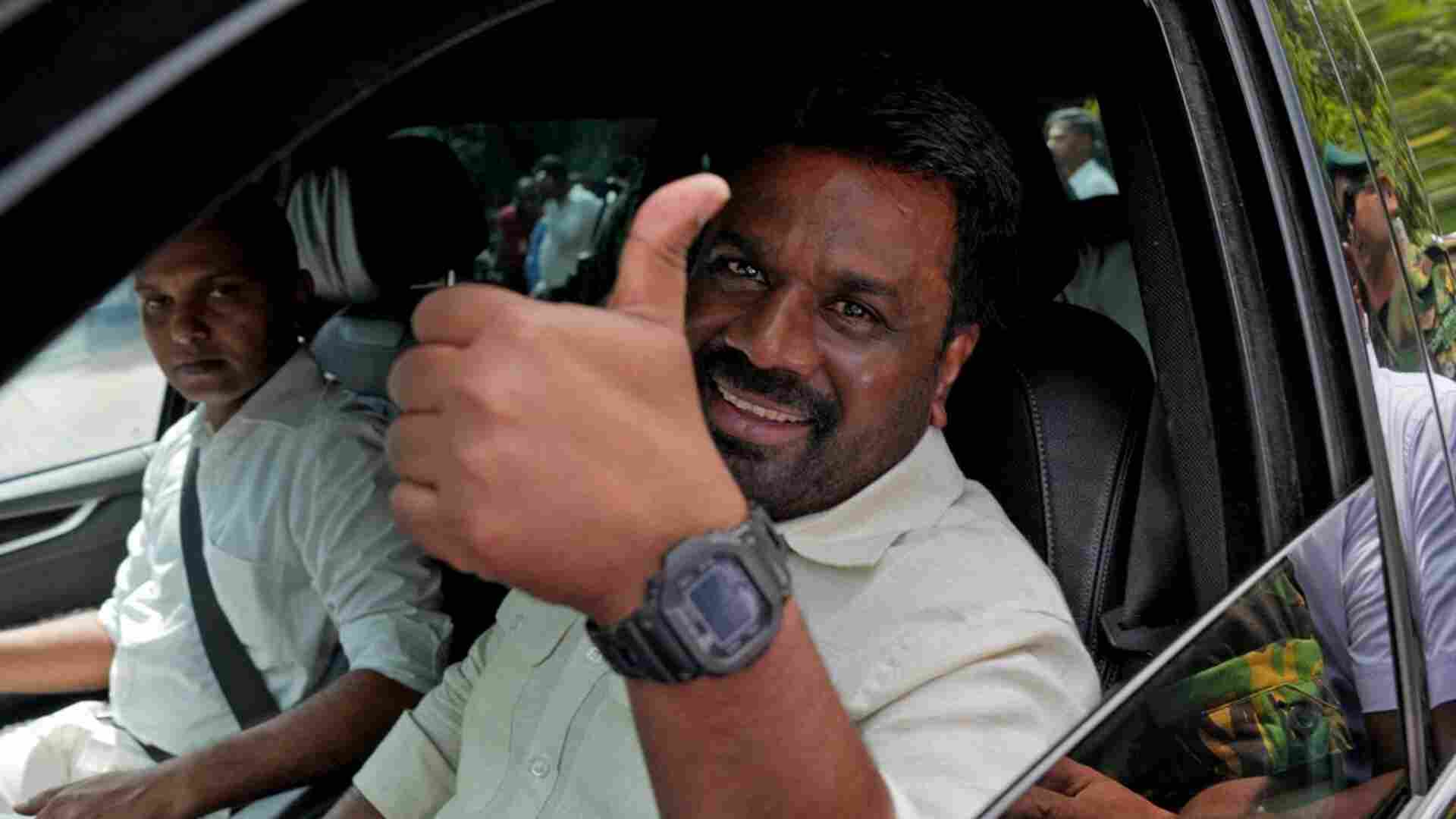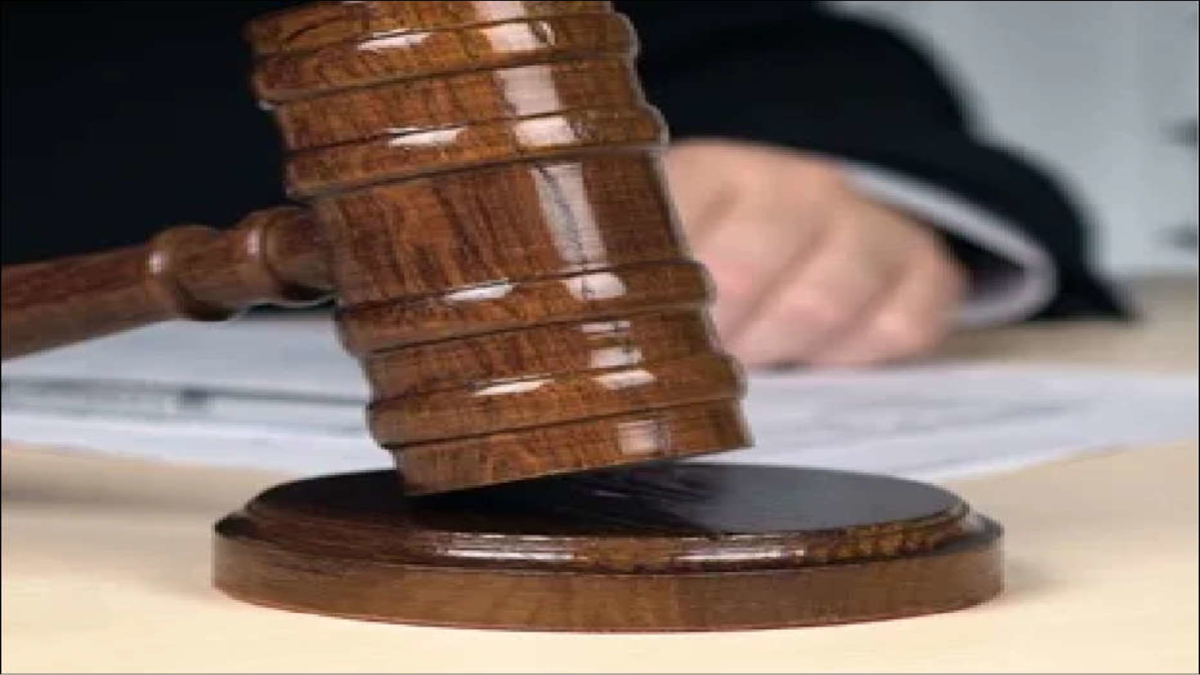
“In recognising the humanity of our fellow beings, we pay ourselves the highest tribute.”
— Thurgood Marshall
The progress of any nation is calibrated on the basis of socio-economic status of the people residing on its soil. The Indian justice delivery system is the key stakeholder in fortifying the socio-economic rights of its citizens. Over the years, our courts are experiencing mounting pressure due to surge in number of filing of the cases and their prolonged pendency. The billion-population economy inhibited by its informed people about their respective rights has opened the flood for the litigation in India. Since we follow the adversarial model of criminal justice system, where judges act as neutral empire, it becomes an arduous task to do away with the lengthy procedural mandates prescribed by concerned laws. As a resolute judge, he/she has to act diligently while separating wheat from chaff, in order to deliver comprehensive judgment. Ostensibly, those procedural requirement act as an impediment before the efficient delivery of justice as far as speedy trial is concerned. According to National Judicial Data Grid, around 3.7 million cases are pending in High Courts, District and Taluka Courts. With this alarming number of cases, apparently ensuing from delayed pronouncements, the people may lose out their faith in legal system and can prefer unconventional out of court settlement mechanism, which may or may not come to their rescue. More so it might trigger dissatisfaction and can stifle the sense of securing justice in equitable time. The aforementioned state of affairs is suggesting the indoctrination of pendency as a preconceived notion amongst masses. There has been a famous proverb that ‘justice delayed is justice denied’ which perhaps become the reality of the current scenario. Sometimes, it took numerous years to settle scores of the parties, who are expecting solace from the temple of justice in reasonable time. The Supreme Court of India in landmark judgement of Hussainara Khatoon v State of Bihar AIR 1979 SC has ruled that right to have a speedy trial is a fundamental right under the Indian Constitution. Also held that “Speedy trial is an essential ingredient of ‘reasonable, fair and just’ procedure guaranteed by Article 21 and it is the constitutional obligation of the State to device such a procedure as would ensure speedy trial to the accused.” Recently, the Supreme Court in Union of India v. K.A. Najeeb has pitched for the speedy trial in cases of no likelihood of trial completion in reasonable time by observing that “the presence of statutory restrictions like Section 43D (5) of UAPA per se does not oust the ability of Constitutional Courts to grant bail on grounds of violation of Part III of the Constitution.” In Vinay Kumar Mishra v. The State of Uttar Pradesh the Supreme Court has granted bail to the person languishing behind bar for 9 years, in absence of possibility of completion of trial. Such decisions led us to draw an inference that the right of people to get their issues settled within the reasonable time is indefeasible. Protracted settlement will result into the miscarriage of justice and culminates into irreparable loss to the party concerned. Also, it will be against the spirit of Article 21 of the Indian Constitution.
The power ensuing from Article 136 of the Constitution enables filing of the Special Leave Petition before the Supreme Court, which has contributed in the plethora of cases being directly approaching the Apex court. It has been reported that the Supreme Court of India entertains 25% of the Special Leave Petition filed before it, unlike United States of America and Canada who admits 3% and 9% respectively. Also, it has been pointed that 85 % of the existing pending cases are Special Leave Petition. Recently, Supreme Court while entertaining a special leave petition has commented that accepting undertakings resulting from contempt petitions is increasing its burden. Unequivocally, the burden from the Apex Court has to be reduced in order to cater the needs of Constitutional matters falling under Article 131 and disposal of the other matters before the District and High Courts has to be encouraged. The Chief Justice of India has once expressed displeasure over the use of Article 32 habeas corpus petition in almost every matter, without approaching the High Court first.
On many occasions, various personalities and committees had suggested methods to reduce the backlog. Former Chief Justice of India, K.G. Balakrishnan had suggested that the use of plea bargaining in criminal matters has to be promoted and monitored through the nationwide computerized tracking system. Also, high number of pendency of the cases and the elongated trails has resulted in burdening the common man’s pocket occasioned by exorbitant litigation expenses, Justice Balakrishnan said. The Malimath Committee has put forth recommendation of ‘Arrears Eradication Scheme’, where the cases which are pending for more than two years will be decided through Lok Adalat on daily basis hearing, in absence of any adjournments. In the report of the Thirteenth Finance Commission, it has been proposed that to overcome the pendency, we need to appoint court managers who will assist incumbent judges and thereby ease the burden of lower judiciary, who are facing the brunt of shortage of staff. Undisputedly, the present establishment of fast-track courts and special courts is serving the purpose of speedy justice resulting from subject matter jurisdiction for particular category of cases. Earlier, 213th Report on Fast Track Court for Dishonoured Cheque had pressed for the need to create fast track court in order to achieve the resolution of speedy justice.
A robust mechanism is inevitable to combat pendency of cases by adopting policies which will foster timely disposal and reduces pendency. The maxim- ‘procedure is the hand made of justice and not its mistress’ categorically suggests that procedural requirement in any dispute settlement can be negated for doing complete justice within the appropriate time frame. Powers emanating from procedural laws has to be exercised judiciously to quell improper filings. In K. Akbar Ali v. K. Umar & Ors. the Supreme Court has ruled that the courts have inherent powers under Order VII Rule11 to not allow frivolous or vexatious litigations to consume its time. It is for the concerned state government to expedite the appointment procedure for lower judiciary, after getting the better of budgetary constraints. Also, the Central government and the Supreme Court must act in consonance with each other in the time bound manner and must act with spontaneity upon the recommendations to appoint and increase the strength of judges. Our legal system is bearing the brunt of many lacunas, amongst which delayed completion of trial is the key contributor in the pendency of cases due to cumbersome technical requirements, transfer of judges at crucial stage of settlement of cases, delaying tactics sponsored by parties for their ulterior motives satisfaction etc. Such instances have to be curtailed down in the interest of general public at large. Furthermore, we need to upgrade our infrastructure in order to ensure prompt functioning of court in parity with western fronts, with the aid of tech tools even in remotest corner of India. Also, we need to overcome technology divide to enable access to justice. Extension of time to complete an investigation, adjournment etc. should be granted sparingly by courts to prevent delay in the trial completion. We can also take the recourse of the functioning of Crown Court Management Services of the United Kingdom, who are assigned for administrative duties only. If the need arises, the government can setup courts for the people in far flung areas in the name of Gram Nyayalayas to enhance the prospect of justice delivery at their door step. Lastly, the cordial relations have to be established between legislative will and judicial wisdom for minimising case load, after working out administrative problems, for ensuring sky-scraping economic growth of our Nation.
(Views expressed personal)

